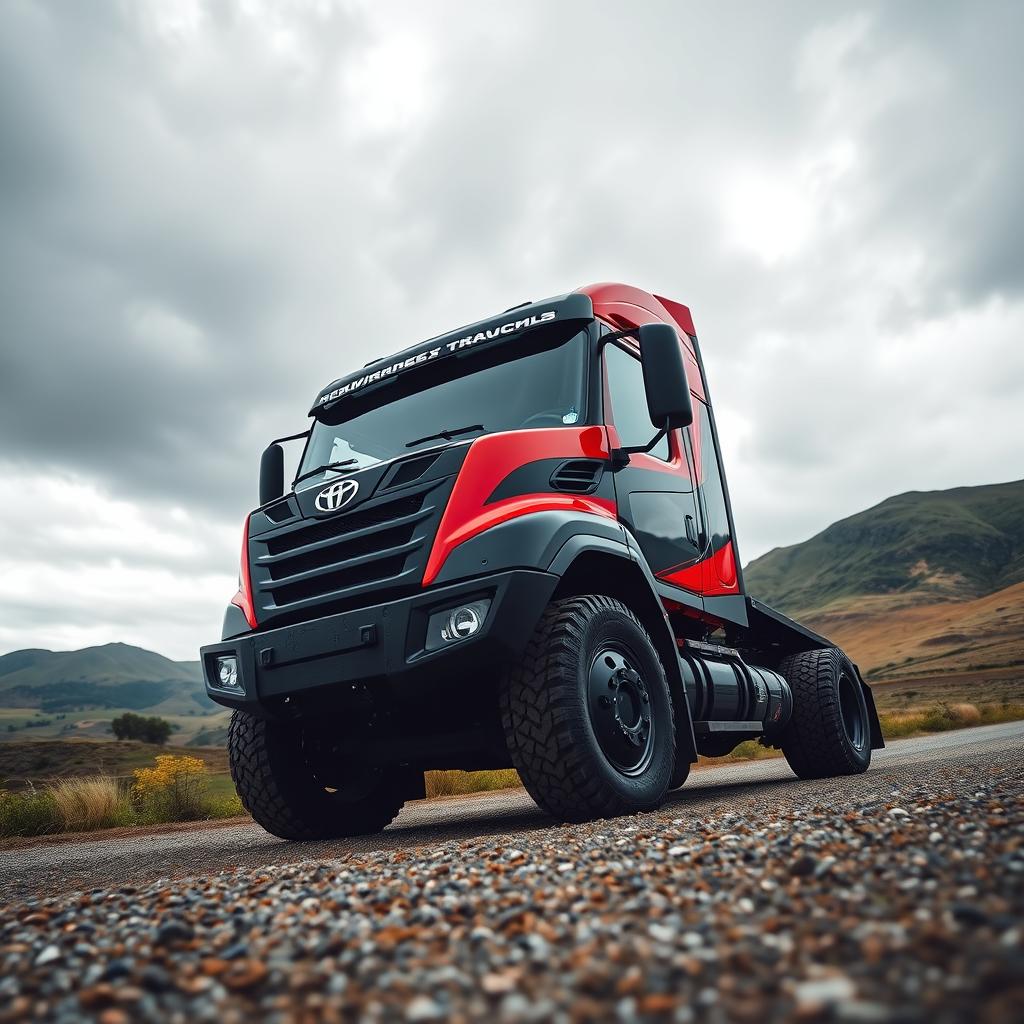When it comes to running a successful business, logistics plays a crucial role, and selecting the right trucking partner is key to moving your goods efficiently and successfully. If you’re feeling overwhelmed by the process of finding the perfect trucking partner, don’t worry! We’ve got you covered with this guide on the 10 essential considerations for choosing a trucking partner. Let’s get started!
1. Understand Your Needs
Before you begin your search for a trucking partner, take a step back to assess your specific logistics needs. Here are some key questions to consider:
- What types of goods are you transporting? Different carriers specialize in various types of freight, such as temperature-sensitive goods, oversized loads, or hazardous materials.
- What’s your volume and frequency? Analyze your shipping patterns. Do you need regular transportation, or is it sporadic?
- What’s your budget? Knowing how much you can spend will help narrow your options significantly.
By answering these questions, you can create a clear picture of what you need from a trucking partner.
2. Research the Carrier’s Experience
Experience matters! A trucking company with years of experience is likely to have better systems in place for handling various situations. Here’s why:
- Knowledge of Regulations: An experienced carrier will be well-versed in federal and state regulations.
- Proven Track Record: Look for testimonials or reviews from previous clients to gauge their reliability.
- Handling Challenges: The more experience, the better they can adapt to challenges like traffic delays, unforeseen weather issues, and much more.
Don’t hesitate to ask them about their history and how they’ve evolved with the industry!
3. Evaluate Their Fleet
The condition and type of the fleet can significantly impact your shipping experience. Here’s what to look for:
- Type of Vehicles: Make sure they have the right types of trucks for your freight.
- Maintenance Records: A well-maintained fleet reduces the risk of breakdowns.
- Age of Fleet: Newer trucks are generally equipped with better technology and fuel efficiency.
Don’t be shy; ask the trucking company about their fleet to ensure they meet your standards!
4. Check for Licensing and Insurance
It’s crucial to verify that the trucking partner you are considering has proper licenses and adequate insurance coverage. Here’s how:
- Licenses: Ensure they have a valid Department of Transportation (DOT) number and any necessary local permits.
- Insurance: Confirm they are insured adequately to cover your cargo. You can also ask if they offer additional coverage options for precious shipments.
This is a non-negotiable step; it ensures that you are protected in case something goes wrong.
5. Review Their Technology
In today’s fast-paced world, having access to the latest technology can make a significant difference in efficiency and transparency. Here’s what you should consider:
- Tracking Systems: Real-time tracking allows you to monitor your shipments and keep your clients informed.
- Communication Tools: Look for systems that facilitate open communication between you and the carrier.
- Data Management: Efficient data management systems can help streamline the shipping process, making it less error-prone.
Having a tech-savvy partner can enhance your experience significantly!
6. Assess Their Customer Service
Effective communication with your trucking partner can save you from a headache down the road. Consider these aspects:
- Responsiveness: Are they quick to respond to your queries?
- Availability: Do they provide support 24/7, or are they bound by specific hours?
- Problem Resolution: What’s their process for resolving any issues that may arise during transit?
Good customer service means fewer headaches for you and a more fluid partnership.
7. Get Multiple Quotes
Now that you have a clearer understanding of your needs, it’s time to request quotes from different carriers. Here’s how to do it effectively:
- Be Detailed: Provide as much information as possible about your shipments so that you get accurate quotes.
- Compare Services: Don’t just look at cost—consider what services are included (e.g., tracking, delivery speed).
- Ask About Hidden Fees: Ensure that there are no unexpected costs that could pop up later.
Comparing multiple quotes will arm you with the knowledge you need to make an informed decision.
8. Consider Their Network
A well-connected trucking partner can be beneficial in many ways. Here are some factors to consider:
- Coverage Area: Do they have a wide service area, or are they limited to specific regions?
- Partnerships: Are they affiliated with other logistics providers for added benefits?
- Access to Resources: A partner with strong relationships can offer better solutions in times of need.
Your trucking partner’s network can often dictate how easily they can manage logistics challenges.
9. Look for Customization Options
Every business has unique shipping needs, and the best trucking partners offer tailored services. Consider asking about:
- Flexible Solutions: Do they adapt their services to meet your specific requirements?
- Special Services: Can they accommodate specialized handling or temperature-controlled shipments?
- Adaptability: Are they open to making adjustments as your business changes?
A partner that listens to your needs and adapts accordingly will ultimately save you time and money.
10. Build a Relationship
Once you’ve chosen your trucking partner, the relationship shouldn’t end there. Building a strong partnership can lead to:
- Better Communication: A good relationship fosters open lines of communication.
- Mutual Trust: A trusted partner will prioritize your shipping needs.
- Continual Support: As your business grows, your trucking partner should be right there with you to accommodate increased demands.
Investing in this relationship can lead to long-term benefits for both parties.
Final Thoughts
Choosing the right trucking partner can feel like a daunting task, but it doesn’t have to be. By keeping these 10 essential considerations in mind, you’ll be well-equipped to make a decision that benefits your business logistics. Always remember that this is not just a transactional relationship; it’s about building partnerships that can help your business thrive.
Ready to hit the road? Start your search today and find the perfect trucking partner that aligns with your values and needs. Happy shipping!







